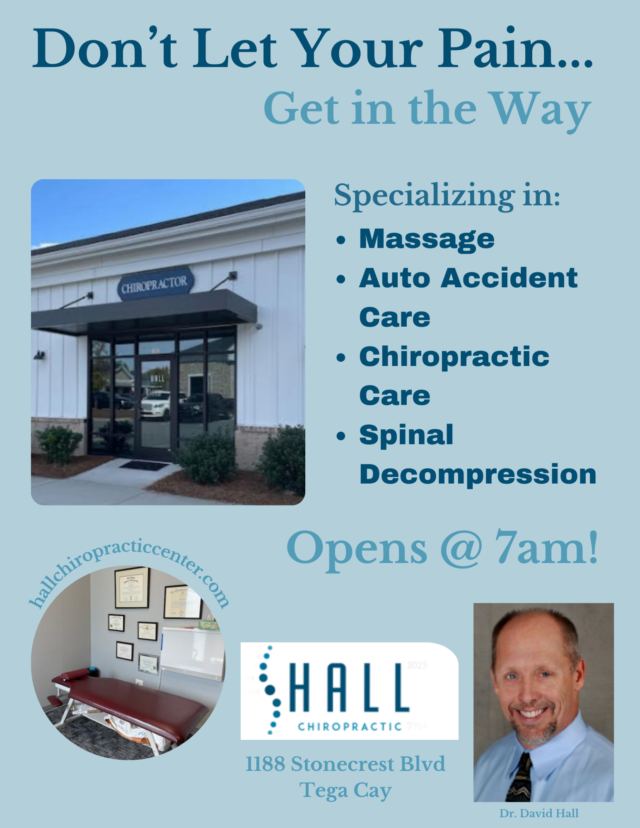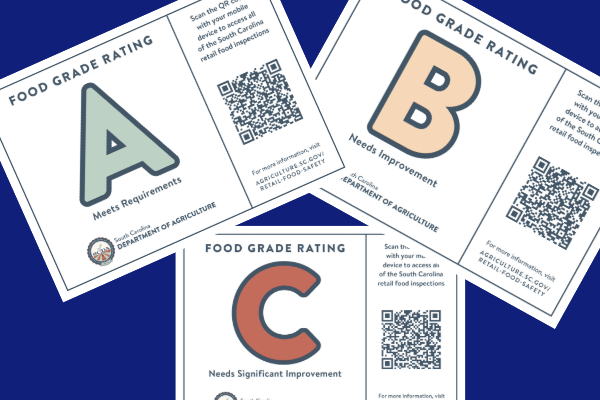Self-doubt is a common and often overwhelming emotion, yet it can be a powerful tool for growth. While 70% of people experience imposter syndrome, feeling like a fraud despite their success, self- doubt doesn’t have to be a roadblock. Instead, it can be transformed into a motivator for personal development and achievement.
Understanding Self-Doubt and Imposter Syndrome
Self-doubt is a natural psychological response to uncertainty, not a sign of incompetence. Imposter syndrome is a specific form of self-doubt where individuals feel like a fraud, despite evidence of their success. Even the most accomplished people experience these feelings, which are part of the human experience. Recognizing this can help alleviate the isolation that often accompanies imposter syndrome.
Nicola Charlotte, a mindset and performance coach, explains that self-doubt arises from a survival mechanism. Our brains are wired to assess risk and avoid failure, which can amplify feelings of inadequacy when we face challenges. Rather than viewing self-doubt negatively, consider it an opportunity for reflection and growth.
Why Some People Experience More Self-Doubt
Certain individuals, especially those sensitive to criticism or working in unsupportive environments, may experience heightened self-doubt. Studies show that women, particularly those in leadership roles, are more likely to face imposter syndrome, with 54% of female leaders reporting frequent feelings of inadequacy. The rise of social media exacerbates these feelings, as constant comparison can make personal achievements feel less significant.
While self-doubt may never completely disappear, it’s crucial to manage it effectively. Instead of letting it hold you back, reframe negative thoughts, practice self-compassion, and view self-doubt as a signal for growth rather than a barrier to success.
The Silver Lining of Self-Doubt
Surprisingly, self-doubt can be a source of motivation. It can push you to take action, work harder, and identify areas for personal growth. In fact, self-doubt can help build empathy by making you more attuned to the struggles of others. Instead of avoiding self-doubt, embrace it as a tool that drives improvement both personally and professionally.
Turning Self-Doubt Into Your Superpower
To harness self-doubt as a superpower, use it to propel yourself forward. Here are five strategies to reframe self-doubt:
1. Turn Self-Doubt Into a Question: Instead of letting doubt paralyze you, ask productive questions like, “What would it take for me to feel ready for this?” or “How can I use my existing skills to succeed?”
2. Set Confidence Challenges: Push yourself outside your comfort zone by taking small, consistent steps. Whether it’s speaking up in meetings or trying something new, these actions help build confidence.
3. Adopt a ‘What If I Succeed?’ Mindset: Challenge yourself to imagine the best possible outcome. Visualize success and let the excitement of achieving your goals replace fear.
4. Ditch Doubts, Choose Data: When doubt strikes, question it. Ask yourself: “What evidence supports this doubt?” Often, doubt is based on emotion, not fact, so examining it objectively can help you make decisions based on logic.
5. Borrow Someone Else’s Belief: If your own confidence is lacking, think about someone who believes in you. Channel their support and use it as motivation to prove your self-doubt wrong.
Conclusion
Self-doubt doesn’t have to limit your potential. By embracing it as a tool for growth and reframing it as a motivator, you can transform it into a powerful catalyst for change. The key is to view self-doubt not as a limitation, but as an opportunity for growth, propelling you toward personal and professional success.
 Dr. David Hall is the owner of Hall Chiropractic Center. With over 40 years of experience, Dr. Hall is proud to serve the residents of Tega Cay and Fort Mill.
Dr. David Hall is the owner of Hall Chiropractic Center. With over 40 years of experience, Dr. Hall is proud to serve the residents of Tega Cay and Fort Mill.
Book a FREE consultation online today!

Sign up for our Sunday Spectator. Delivered to your inbox every Sunday, with all the news from the week.









